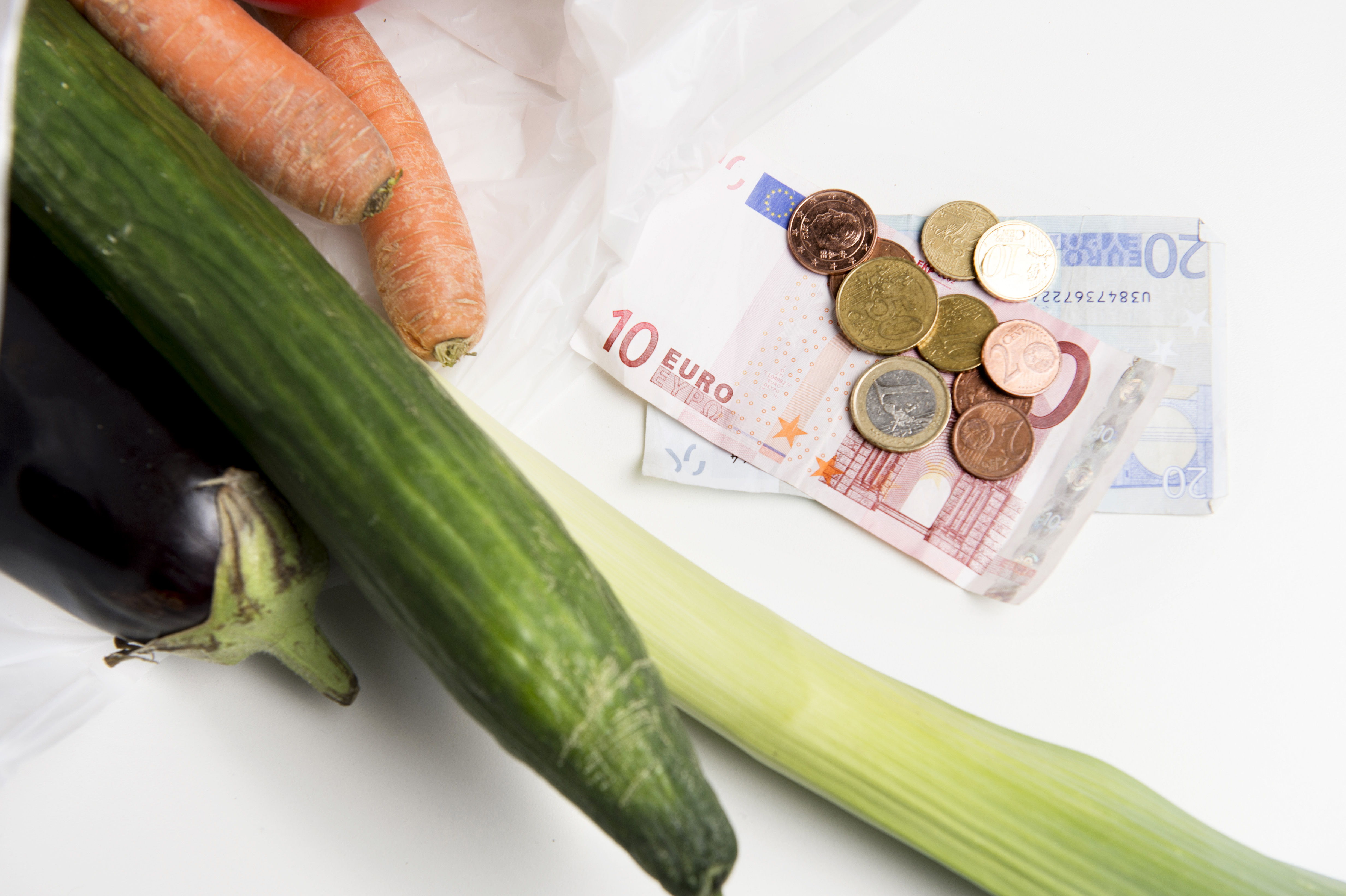Inflation in Belgium rises slightly, but remains under 2 per cent

Inflation in Belgium rose to 1.35 per cent year-on-year in December, statistics agency Statbel announced on Friday. Prices for gas, electricity and rents rose, while fuel and food prices fell.
Although this is the second increase in a row, after inflation bottomed out at 0.36 per cent in October and 0.76 per cent in November, inflation has now been below 2 per cent for three months in a row. The last time inflation in Belgium was below 2% before October was in June 2021.
The main price increases in December compared with November were for natural gas, electricity, airplane tickets, rent, and fish and seafood. On the other hand, motor fuels, fruit, alcoholic beverages, meat and bread and cereals lowered the index.
Food inflation drops
In general, food became cheaper for the tenth consecutive month: annualised food inflation was 7.03 per cent, down from 8.22 per cent in December 2022. Energy prices also fell on a year-on-year basis, at -26.46 per cent.
Core inflation, meanwhile, fell for the seventh consecutive month to 5.47 per cent, down from 5.95 per cent in November. Core inflation excludes the price of energy products and unprocessed food and is therefore considered a better indicator of inflation.
Wage indexation
Inflation also has an impact on wages in Belgium. Thanks to the country's system of automatic wage indexation, more than one million workers will receive a pay rise in January.
More than half a million employees will see their pay rise by 1.48 per cent in January, according to calculations by HR specialists SD Worx and Acerta. Hospitality, food and road transport workers will see their pay rise by 1.83 per cent. The construction industry will only see a 0.45 per cent increase, because its wages are indexed several times a year.
© BELGA PHOTO